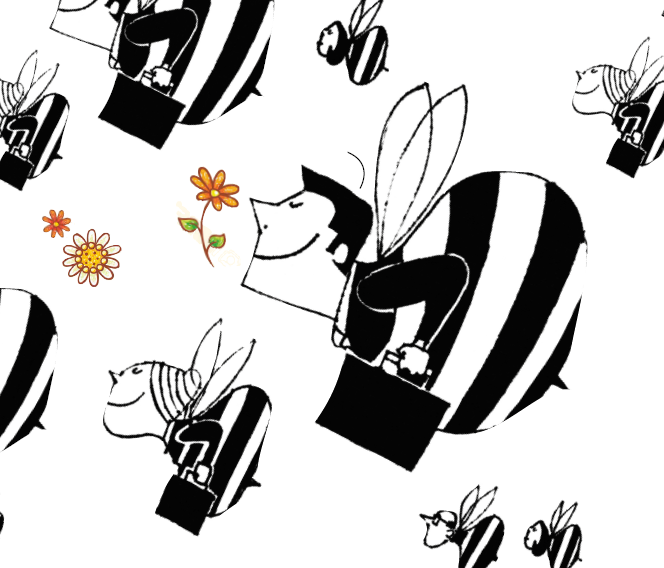Food, sex, parenting… it’s now cool not to be on high speed all the time.


Food, sex, parenting… it’s now cool not to be on high speed all the time.

put the brakes on with a protest against the opening of fast food restaurant McDonald’s in Rome, in 1986. That morphed into the slow food movement, where the aim isn’t so much about intentionally procrastinating or using only slow cookers but more about doing things at the right pace, favouring quality over quantity. Since then, the deceleration trend has spread quickly, touching everything from travel to money, technology and education. The past few years have seen the development of even more surprising slow concepts, such as these.
SLOW SEX
The slow sex movement focuses on rediscovering desire. When it comes to sex, there’s just no need to rush – in other words, no more quickies. Slow sex enthusiasts often engage in creating a cosy, gentle atmosphere, simply watching each other for several minutes, massaging each other and talking during and after the act.
Such approaches to physical relations have been around for centuries in other cultures, especially in Hindu Tantric beliefs. But in the West, it became a real concept when South African author Diana Richardson published her book Slow Sex: The Path to Fulfilling and Sustainable Sexuality, in 2011.
SLOW AGEING
While some people turn to botox injections or cosmetic surgery to hide the effects of ageing, others are focusing on ways to “slow” the process – to age more successfully with the help of healthy diets, hygiene, sleep, exercise, environments and social activity.
Tobacco, alcohol and drugs are, of course, a big no. But other requirements, like reducing calorie intake by 30 per cent, balanced by a personalised diet that provides the right amount of proteins, vitamins and minerals, could extend the average lifespan by about 25 years, as The Telegraph reported.
Other methods for a long life include helping and being kind to others. Charitable behaviour is said to result in endorphin release that decreases stress and reinforces the immune system.
Brain exercises through meditation are also advised, to fight age-related mental diseases. Other studies have found that simply being happy and optimistic can improve one’s health and lifespan.
SLOW PARENTING
Slow parenting loosely means no more racing about from activity to activity, and place to place. It cherishes quality over quantity, and is all about making meaningful connections with your kids. The movement, in other words, is about practising mindfulness together as a family.
The concept isn’t all that new. Back in 2009, author Carl Honore said in an interview with The New York Times that slow parenting was “about bringing balance into the home”. To do so, slow parents advocate interactive activities. This means playing with toys, board games or just running around outdoors – basically, what children used to do in the good old days.
SLOW GARDENING
Gardening might not seem like the most frantic activity in the first place, but some green-thumbed individuals think it should be slower still. Started in the United States shortly after the slow food movement, slow gardening is, as its name might suggest, about being patient with plants, trees, vegetables and lawns. Slow gardeners think yard work should be pleasurable, not just a chore people are obliged to get through.
SLOW CITIES
The Cittaslow (“slow city”) movement, like slow food, originated in Italy. It was founded in 1999 by Paolo Saturnini, the former mayor of the small town of Greve in Chianti, Tuscany. The organisation, now present in nearly 200 (mostly small) towns across 30 countries, aims to help us rethink the way we conceive, build and move around in urban spaces. If a city wants to join the movement, it must correspond to 55 criteria, divided into six parts: environmental policy, infrastructure, quality of public space, encouragement of local products, hospitality and slow city awareness among residents























